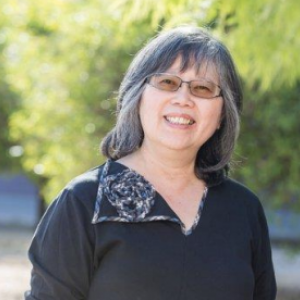Challenges in Learning Science Concepts
Teaching Emergence: An Attempt at Differentiating Science Concepts of Processes - Micki Chi
The robustness of many misconceptions about science concepts has been explained by the ontological commitment in students’ thinking to an alternative category of processes. That is, many science concepts of processes require an emergent kind of causal explanation whereas students’ misconceptions provide a sequential kind of causal explanation. In order to teach students to be able to give a correct causal explanation, we need to teach students an understanding of emergent processes. We are developing a module that attempts to help students differentiate emergent from sequential processes by contrasting everyday emergent and sequential processes. Students reveal difficulty in understanding the macro-level patterns of processes.
The Co-existence of Intuitive and Scientific Understandings: Implications for the Design of Curricula and Instruction - Stella Vosniadou
The realization that students are not ‘tabula rasa’ when exposed to science concepts but have alternative conceptions (preconceptions, misconceptions) that may inhibit science learning, was one of the important outcomes of research in the 80’s. Since then, cognitive science research has succeeded in describing the many kinds of conceptual changes that are necessary as individuals move from intuitive beliefs to learning science, mathematics, medicine, economics, etc. Throughout these years it has been implicitly assumed that in the process of conceptual change scientific explanations and theories replace intuitive understandings, particularly in the minds of experts. Although some researchers had suggested that this may not be the case some time ago, it is only recently that a body of evidence started to be accumulated demonstrating the co-existence of intuitive conceptions and scientific explanations in a number of different knowledge domains (physics, biology, medicine, psychology, mathematics), different cultures (American, European, African, indigenous populations), and using different methodologies (interviews, questionnaires, reaction time studies, neuroimaging). In this presentation I will discuss some of this evidence and will draw its implications for the design of curricula and instruction.


